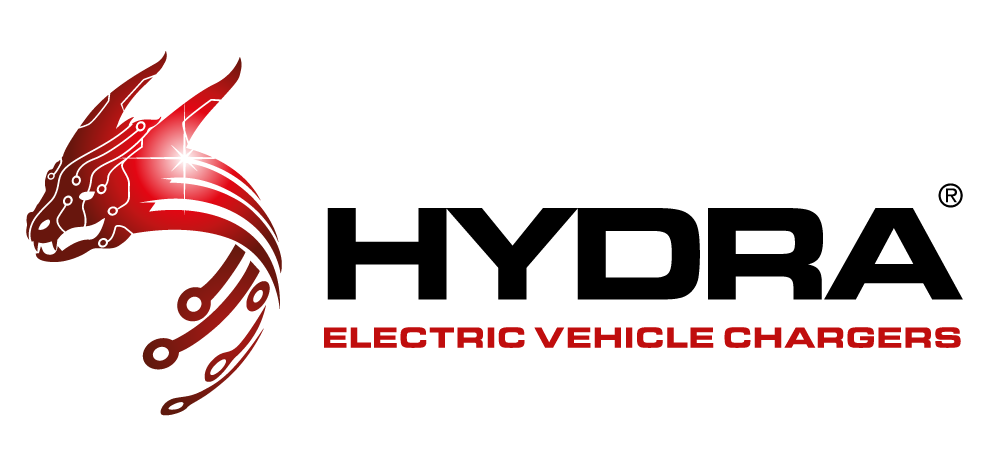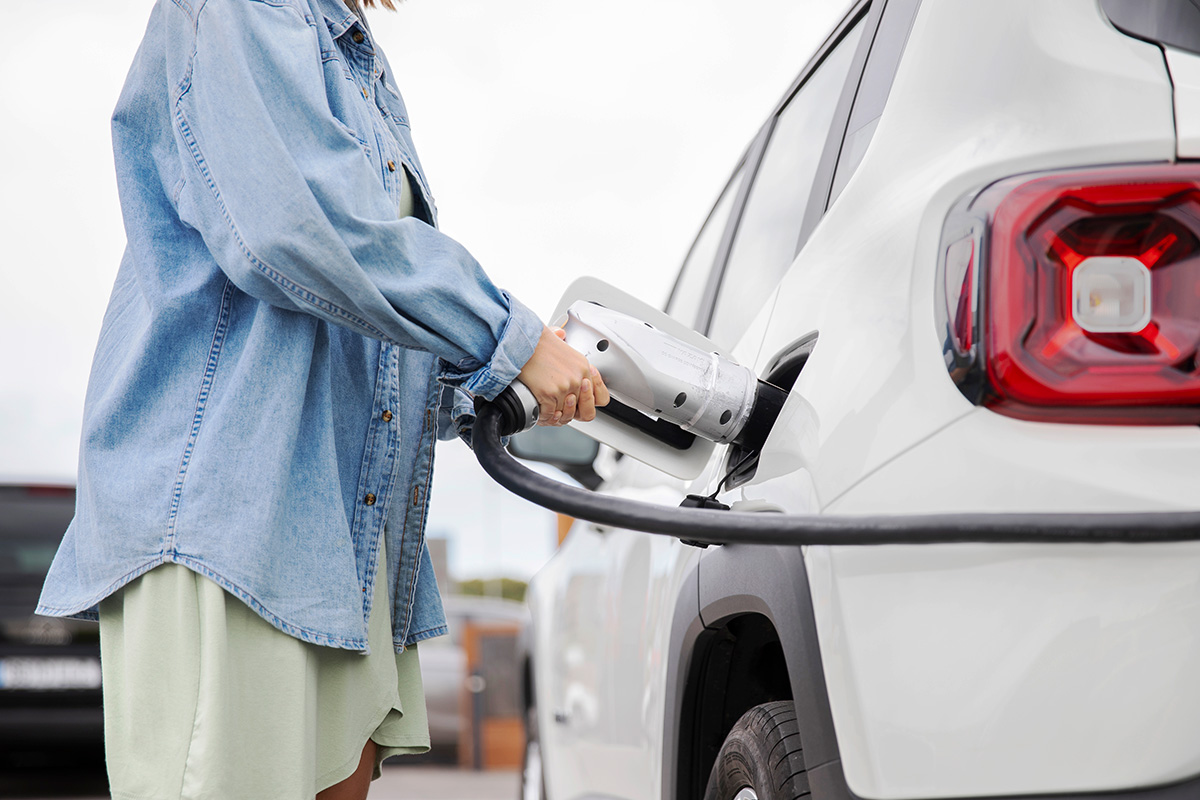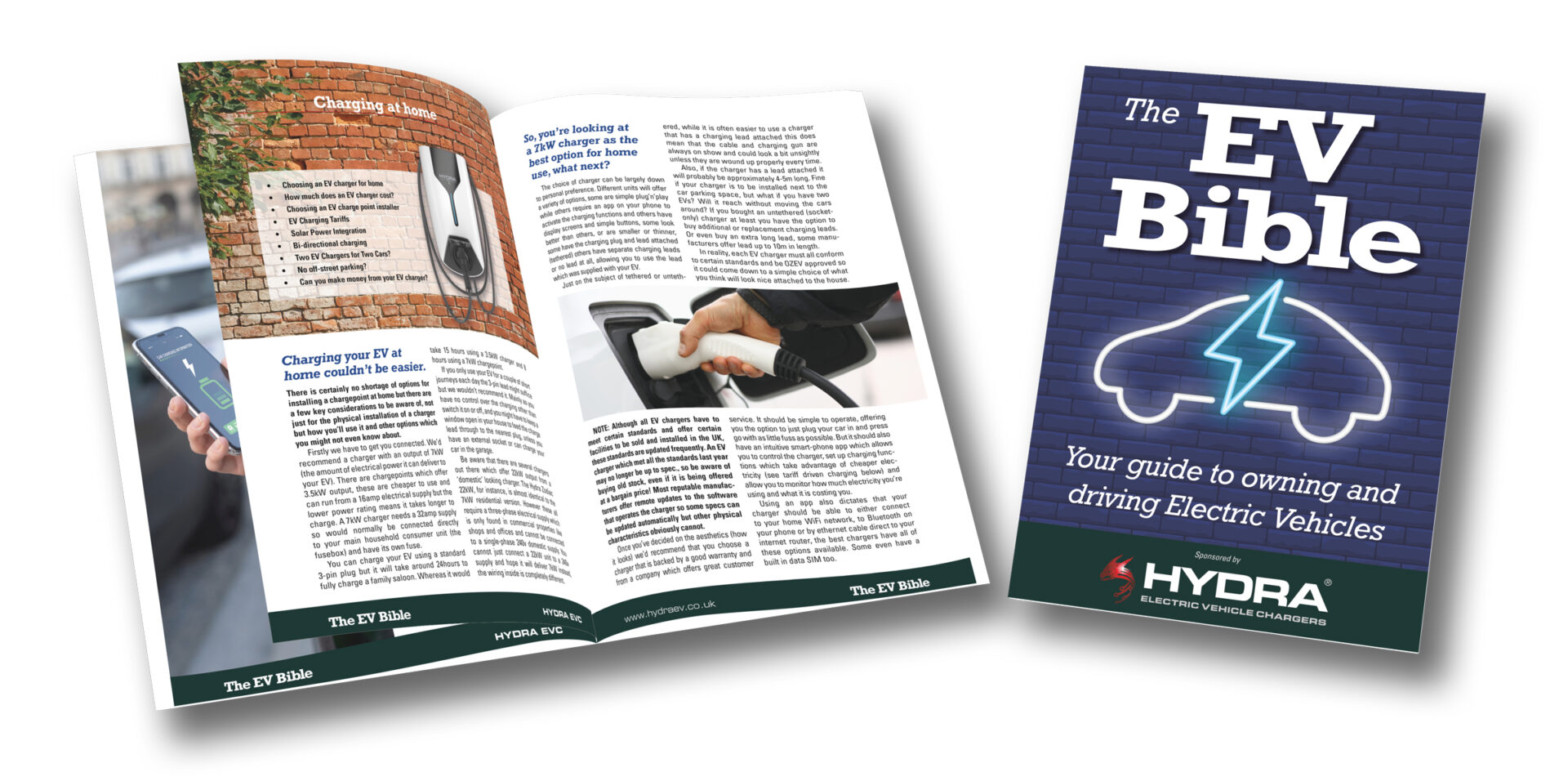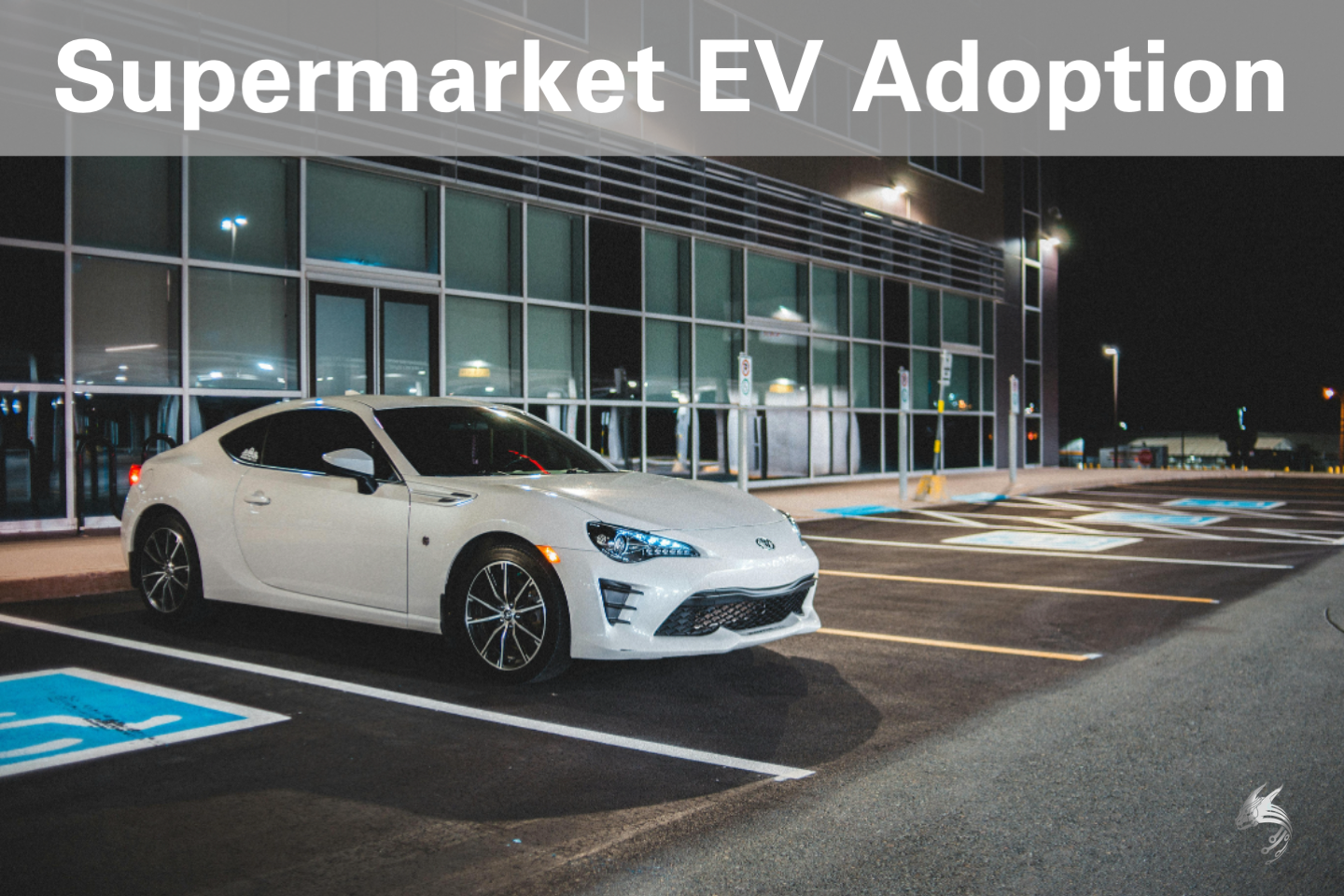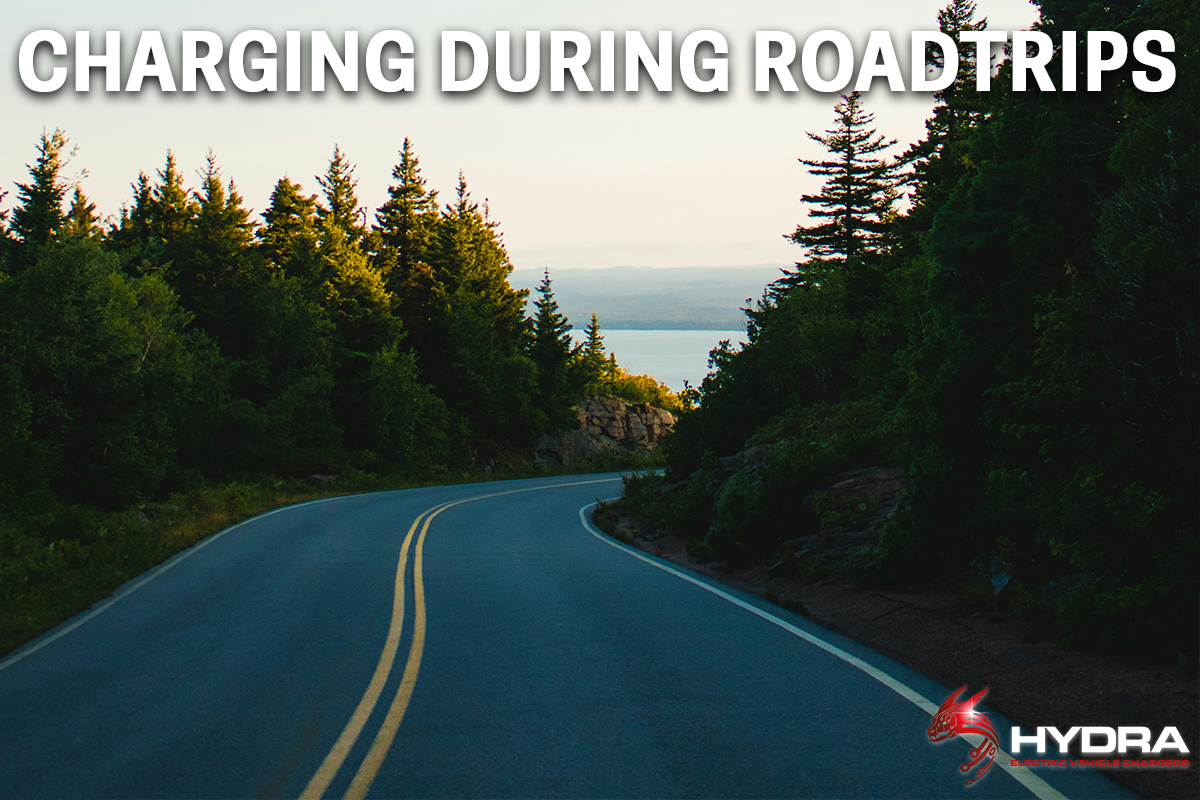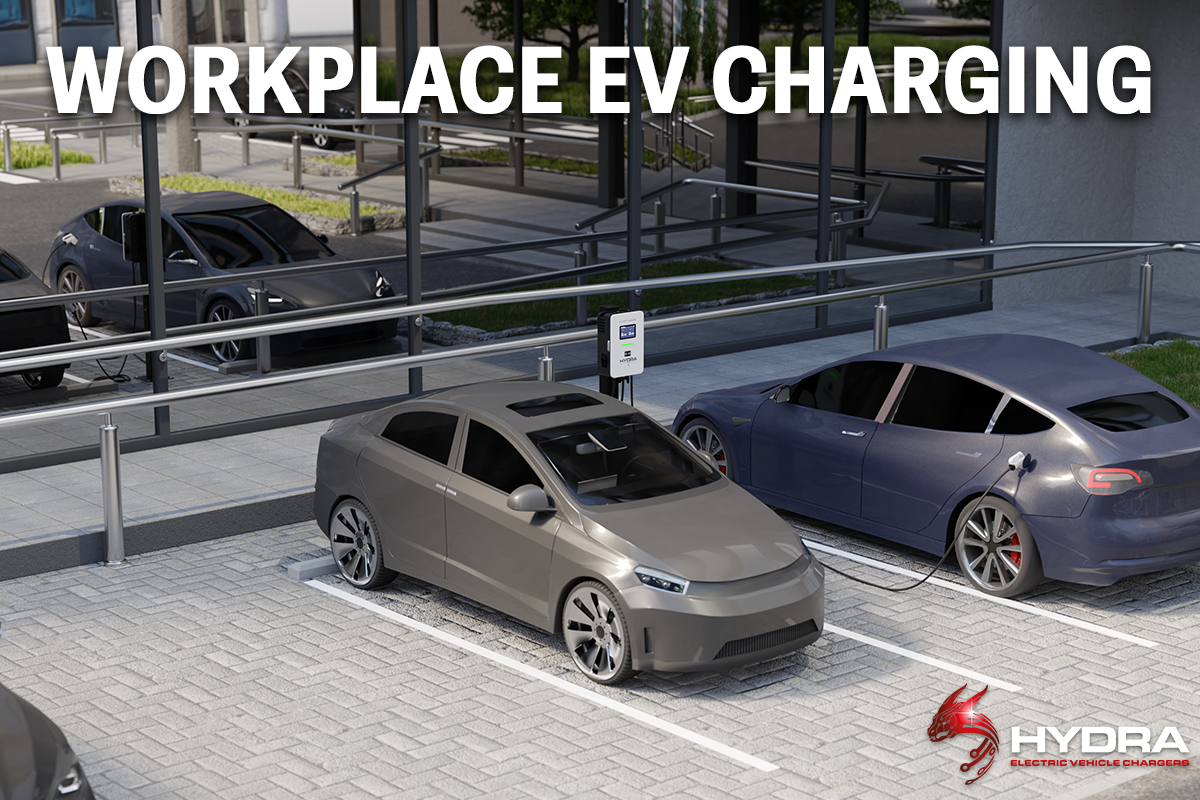The suitability of a 30 kW DC charger versus a 100 kW rapid charger depends on several factors. In some situations, a 30kW DC charger may be better than a 100 kW rapid charger. Here are some reasons why this might be the case:
- Cost Efficiency: 30kW DC chargers are generally more cost-effective to purchase and install than 100kW rapid chargers. If cost is a significant factor, a 30 kW charger may be better.
- Electrical Infrastructure: Installing a 100kW rapid charger typically requires a substantial electrical infrastructure upgrade, whereas a 30 kW charger may be able to run from your existing three-phase supply.
- Compatibility: Some electric vehicles (EVs) have onboard chargers that cannot fully utilise a 100 kW charging rate. If you have an EV with a lower onboard charging capacity, a 30 kW charger may be sufficient, and paying for a 100 kW charger might not provide tangible benefits.
- Battery Health: Charging at lower power levels, such as 20kW or 30kW, can be gentler on the battery, potentially extending its lifespan compared to charging at higher power levels like 100kW+. If you plan to keep your EV for long, preserving the battery should be a priority.
- Grid Demand: Charging at a lower power level puts less strain on the electrical grid. This can be beneficial if you are concerned about peak demand charges or grid stability.
- Charging Time Flexibility: If you don’t require rapid charging and have the flexibility to charge your EV over a longer period, a 30 kW charger can still provide adequate charging speed for most daily needs.

For all these instances The Hydra Dion Fast DC charger would be the ideal choice. Offering singe or dual output and 20kW or 30kW variants it can recharge a standard EV from 20% back up to 80% battery in under one hour
However, it’s important to note that there are also advantages to 100 kW rapid chargers:
- Faster Charging: 100kW rapid chargers offer significantly faster charging speeds than 30 kW chargers. This is particularly valuable when you need to recharge quickly, such as during long or limited trips.
- Long-Distance Travel: Rapid chargers are essential for long-distance travel because they can provide a substantial amount of range in a short time, allowing you to cover longer distances without extended charging stops.
- Public Charging Stations: In public charging networks, 100kW chargers are often preferred because they can serve more EVs in a shorter time, reducing user wait times.
A 30kW DC charger can be better than a 100kW rapid charger in certain scenarios, particularly when cost, infrastructure limitations, or battery health are significant considerations. However, for long-distance travel, time-critical situations, or high-demand public charging stations, a 100 kW rapid charger is more suitable due to its faster charging speed. Your choice should be based on your specific use cases and priorities.
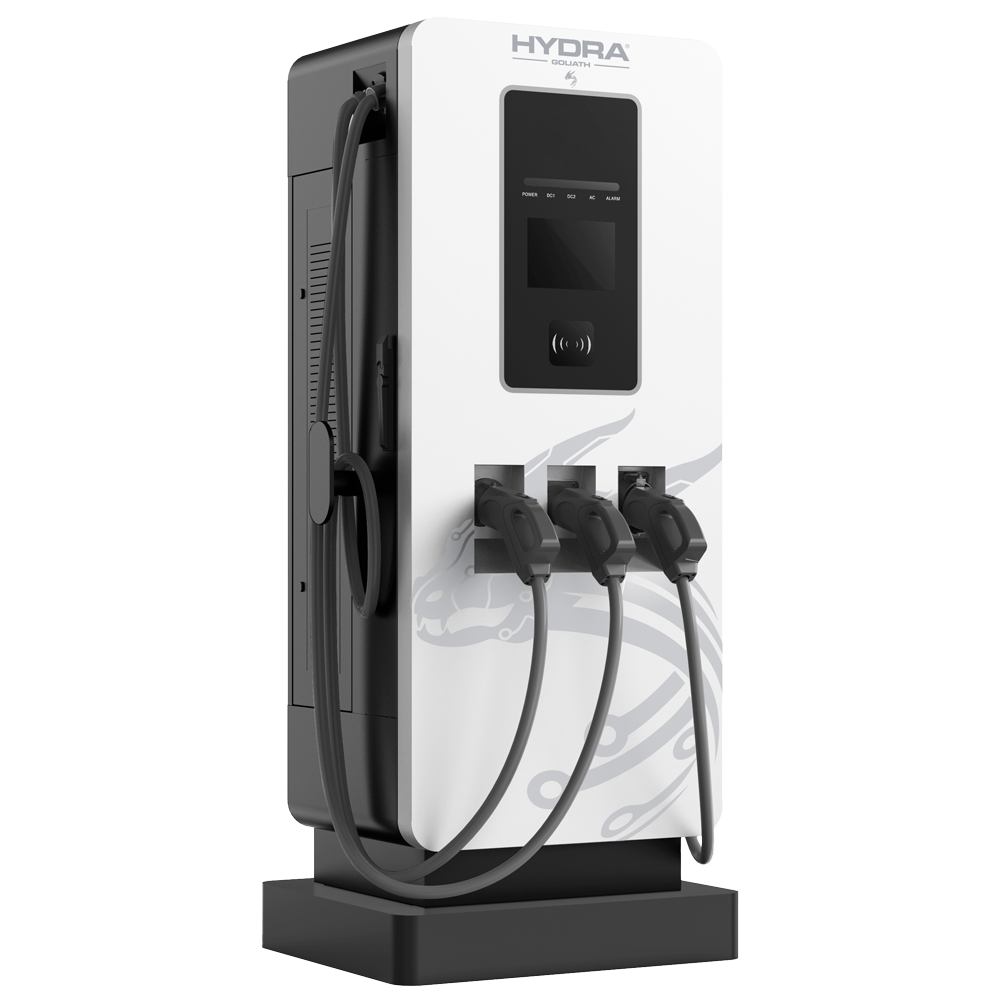
If your business or organisation requires rapid DC charging the Hydra Goliath Rapid DC charger would be a good option as it offers up to 180kW of charging power to three vehicles simultaneously.
